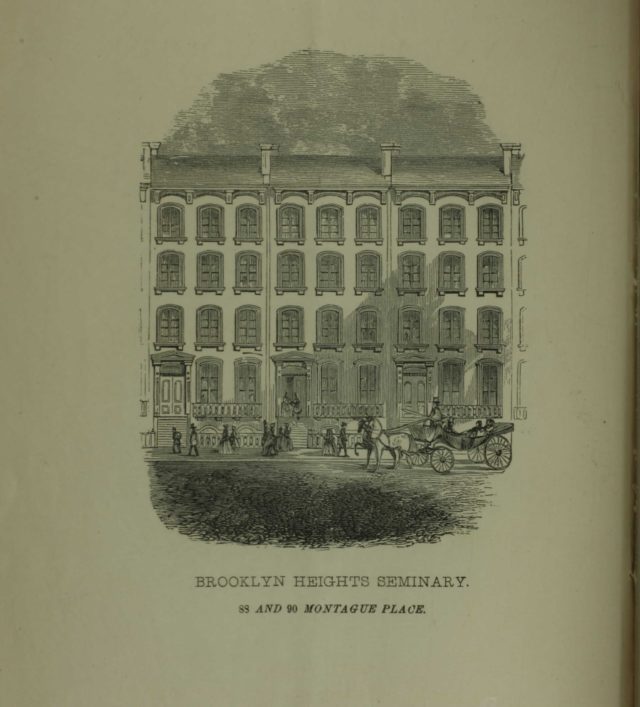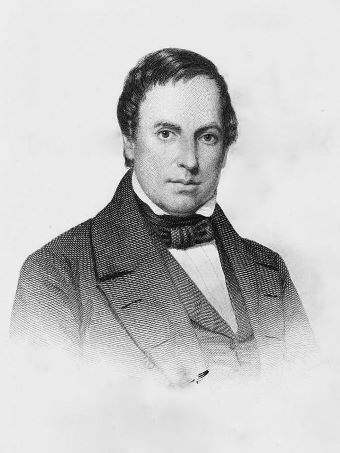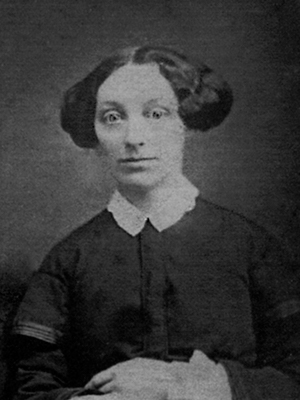“Baby’s rights was the watchword.”
Maria Goodell Frost, speaking of her sister Lavinia as an infant
On May 2, 1839, Rhoda Lavinia Goodell was born in Utica, New York.

A previous post recounted her father’s letter informing his father-in-law about the birth. Lavinia’s sister, Maria, who was twelve years old at the time, reminisced about the event in her unpublished biography of Lavinia:
Thursday, the 2nd day of May 1839 was ushered into the household a being who seemed to have pre-existed, to have experience, to have formed views on various subjects of physiology, law, government, ethics, policy, language, evolution, in short all of the varied elements that simply or combined go to make up the different phases of theory and practice in human life. She was destined at the outset to overthrow existing institutions.
Continue reading →














